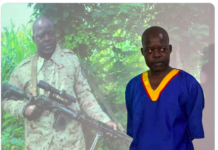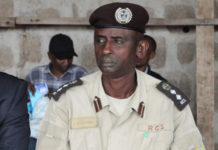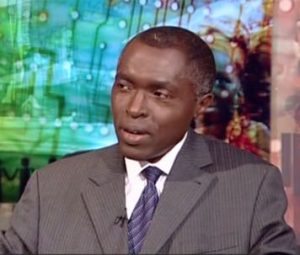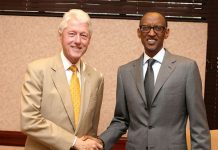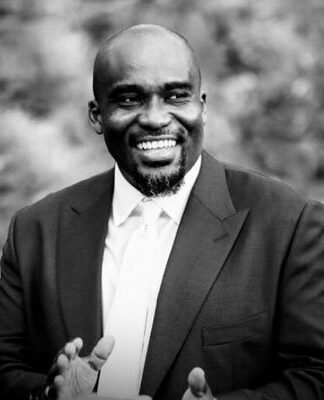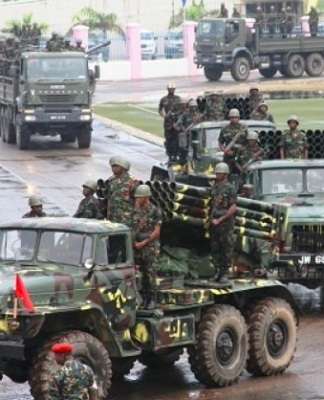This article was initially published on The Rising Continent blog by the author.
Contrary to Europe of the past, post-independence Africa has rarely experienced frequent wars of conquest since the 1960s. As Patrick H. O’Neil and Ronald Rogowski note in Comparative politics, ‘Africa leaders recognized in the early 1960s that a potentially larger number of groups would want to secede from the states they are presently in, to join others or create entirely new ones. In order to prevent the continent from being thrown into the chaos of large-scale boundary change in which the stability and integrity of any state could be threatened, they created a system of explicit norms, propounded by the Organization of African Unity in 1963, which declared any change in the inherited colonial boundaries to be illegitimate.’ It has been almost fifty years now. With the exception of Eritrea separating from Ethiopia and Southern Sudan more recently, the principle of intangibility of African nations’ boundaries has generally prevailed.
There is a strong argument among scholars in political sciences which suggests that wars have generally played a significant role in state-building. Consequently, the lack of wars intended to change boundaries on the continent may be detrimental in getting to well organized states. In the case of post-genocide Rwanda the question arises of whether not participation of Paul Kagame, Rwandan president, in the two wars of Congo – 1996 and 1998 and persistently entertained hysteria about the threat of FDLR or any other Rwandan rebel movements against Kigali have somehow helped in enhancing the Rwandan state as an institution.
Rwanda is today hailed to be a well functioning state run like an army. There is numerous evidence to confirm that assertion. But the country is not unfortunately a nation-state with a sense of a common national identity. Policies related to education, justice, employment, habitat, land reform, etc that have dominated Kagame’s rule since July 4th, 1994 when his Rwandan Patriotic Front defeated Habyarimana government have made Hutus and Tutsis, respectively 85% and 14% of the Rwandan population alien from each others. Apparent gains in state-building which have been made in the last seventeen years can fall apart instantly and disappear because these two ethnic groups don’t feel sharing a common Rwandan identity. Tutsis are perceived to be more Rwandans than the rest and consequently treated more favorably by the regime in many respects.
A Tutsi army is ruling in Rwanda. Practically all institutions are led by military people, if not directly but surely indirectly. The Hutu population is marching on Kagame’s military orders. Tutsis are neither left out though they are following at a different pace. Under Habyarimana, who was also a military ruler, the country was initially led militarily but moved smoothly and quickly into more civilians participating in the running of public affairs, though there were no political openness in terms of freedom of expression. Under Kagame, Rwandans have an army with a government where military and other public functions are very intentionally intertwined to serve the supreme leader of the country.
Historically, what is the role of the army? Protecting a country against external enemies and making war to others. These are the basic functions of any traditional army. In addition there are characteristics which result from those roles. A country with an army may be perceived as weak or powerful depending on the level of sophistication of its military forces. Its responsibilities can also attract hatred against the country if its military power is being used to oppress its own people or those in directly or indirectly occupied territories of other countries (e.g. Morocco in Western Sahara and Rwanda in Eastern Congo).
The question arises of asking if a country can exist and prosper without an army. There are some cases of countries which don’t entertain any military forces for conquest purpose or at all: Switzerland with its long-standing neutrality does not get involved in armed conflicts, and Japan whose constitution states that the country does officially have no military, but only self-defense forces. With reference to what can emerge from countries coming out of wars, Germany and Japan, as vanquished sides of World War II, on top of being militarily speaking destroyed during the war, they couldn’t think of in the aftermath of rebuilding their military forces. They became occupied by victorious armies. They have since evolved and used their industrial and military genius to become economic giants. Their territorial protection is partially or significantly guaranteed by the fact they are part of military protection pacts which play as guarantor of their safety.
Can Rwanda become a country without an army? Are there any advantages of adopting such policy? Having or not having an army is a political decision that any sovereign country can take or sometime be forced into by circumstances. The destructive capacity that Rwanda has demonstrated over the last seventeen years (genocide in 1994, flows of millions of refugees in the Great Lakes region, more than five million of Congolese and Rwandan Hutu refugees killed in the Democratic Republic of Congo, looting of mineral of the latter country, etc) should call the international community to impose to the Rwandan government that it shouldn’t have any army. Additionally, Rwandan security forces, instead of being there to protect citizens, it is regrettable to note that they have been persistently used to oppress, harass, persecute and kill them.
The main advantage for a country of not having an army is that this removes any military threat coming from it towards other nations. Internal oppression against its own people may become less acute or inexistent because of lack of manpower, resources or instruments to apply it. There will be more freedom for its citizens to express themselves and participate fully in all aspects of their country’s life. Political leaders will not have any more platforms to sustain their eventual authoritarian or dictatorial tendencies. Resources usually and excessively allocated to security forces will be channeled into other beneficial programs (education, health, infrastructure, agriculture, technology, retraining the military whose careers would consequently change, etc) for the good of the whole population. There will be eventually more democracy than before.
Switzerland is a country with long-standing neutrality and a limited military force. It is very developed. Rwanda used to be compared to it because of its similar hilly and mountainous geography. Can the small East African nation like its European peer move from its current situation of an army with a government into a prosperous nation without a traditional army with thousands of soldiers? If this path could be seriously looked into by Rwandan politicians seeking positive change and the country’s partners, the benefits could ultimately outnumber the costs for many stakeholders of the prevailing context.
What do you think of the views expressed here?
Ambrose Nzeyimana
Political Analyst/ Activist
Organising for Africa, Coordinator
The Rising Continent, Blog editor
London, UK
Email: [email protected]











